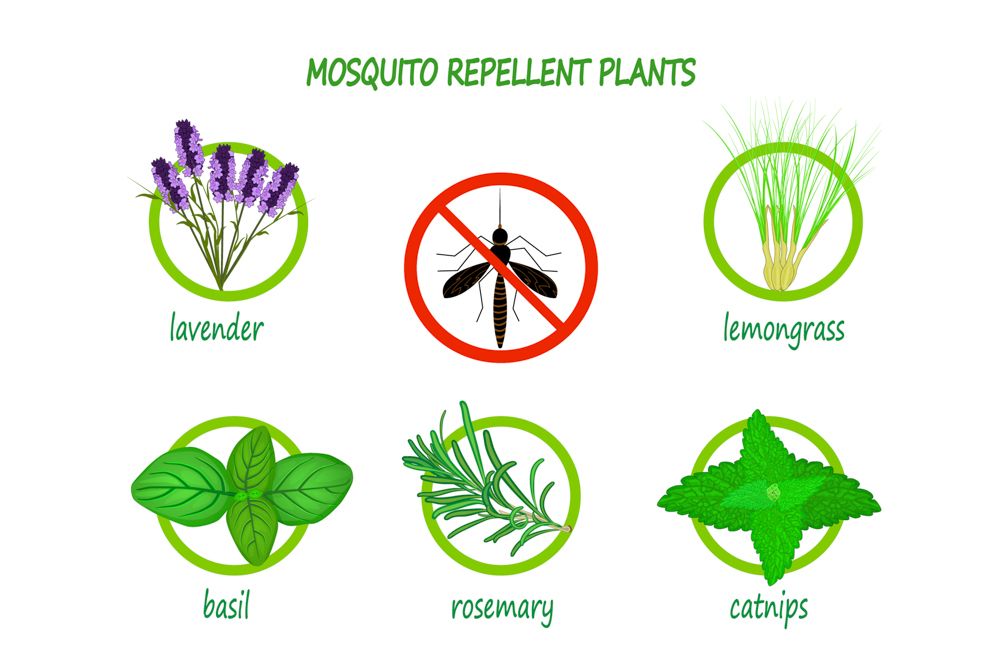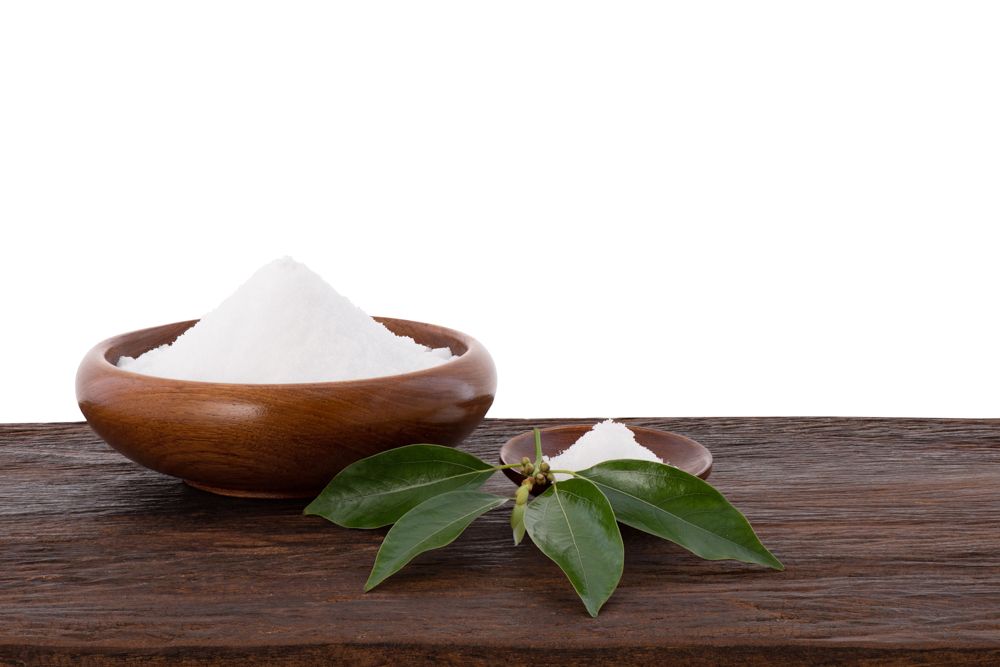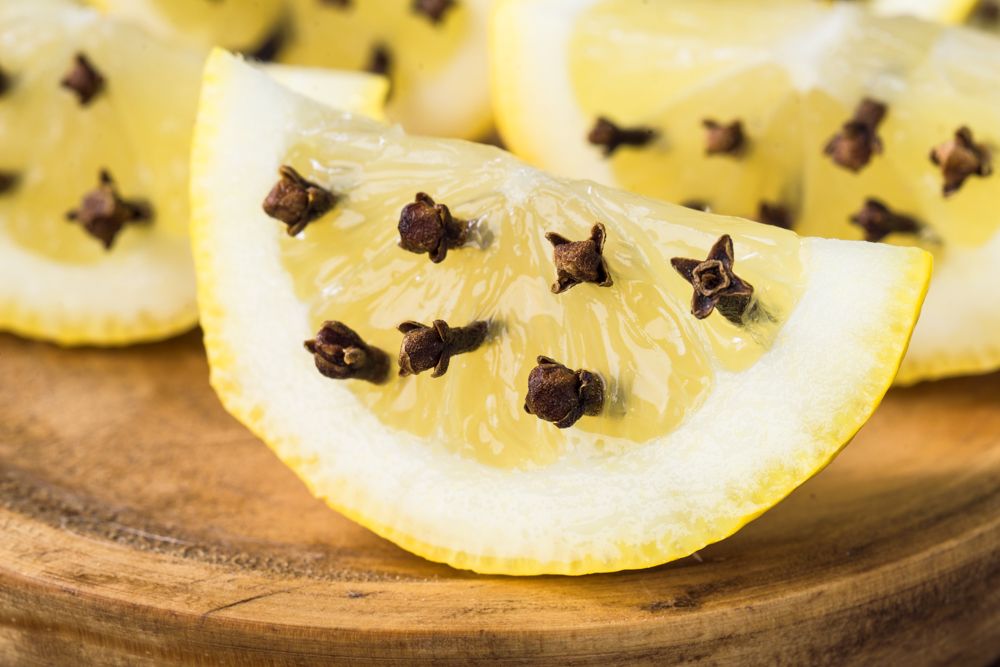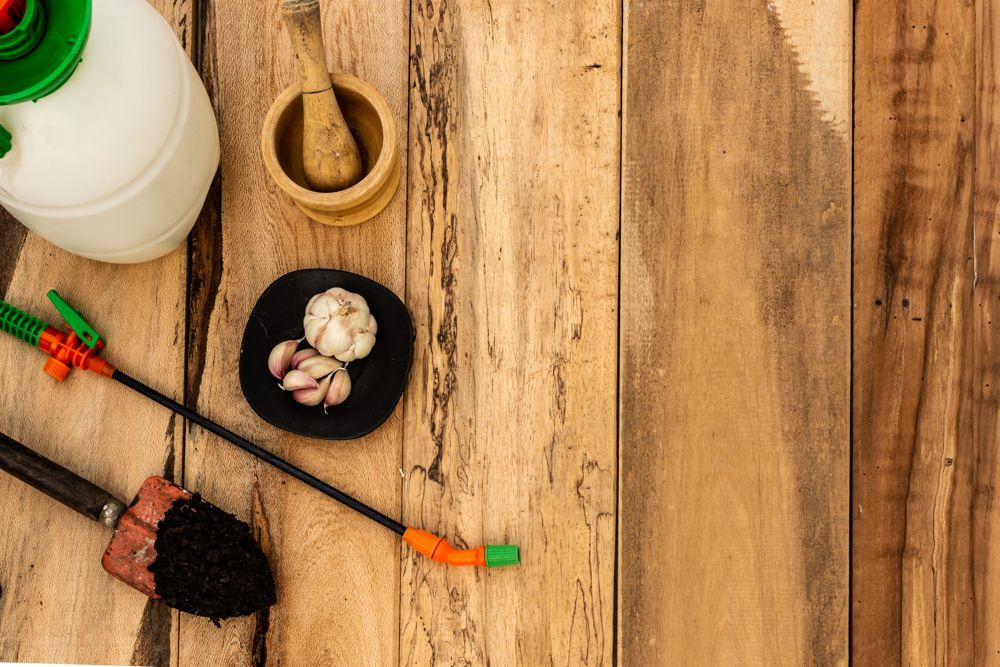Mosquitoes are constantly carriers or vectors for a variety of severe life-threatening illnesses to your family members, in addition to being a major annoyance when they invade your home.
Although mosquitoes can be found all throughout the world, in a tropical climate country like Indonesia, a mosquito can survive in damp and warm conditions just as well. The tropical climate provides everything mosquitoes require to survive, including easy access to humidity and water supplies.
1. Eliminate any stagnant water from your property
Stagnant water has arguably become the breeding ground for a mosquito to complete their life cycle. Most of the types of mosquitoes will lay and hatch their eggs directly into the stagnant fresh water that can be found around the property.
Adult female mosquitoes breed in large numbers (approximately 100-400 eggs), and it hatches within 48 hours to begin larvae stages depending on water temperature.
Look around at your property, and try to eliminate any items that could be the sources of stagnant water:
- Buckets
- Tin cans
- Used or discarded tires
- Plate flower vase
- Kiddie pools
- Pet water dishes
2. Keep the water moving
Mosquitoes lay their eggs in stagnant water, so if you have a pond at home you have to ensure that to keep the water moving.
Installation for water features, such as a water fountain or a water agitator will help you to limit the opportunity for mosquitoes to lay their eggs – due to the fact that larvae can only survive in stagnant water and not on the moving water.
Also, don’t forget to keep your ponds tidy with regular cut off to any vegetation that may grow around the pond edges.
3. Install insect screens to windows and doors
While it’s almost impossible to protect your yard and home completely from mosquito problems, it’s important to ensure that you keep them outside all the time.
Installing insect screens to your windows and doors, not only will block mosquitoes and other small pesky insects from coming indoors but also an ideal way to let you keep that cool breezy run through your home.
4. Grow some mosquito-repelling plants in your garden

Besides adding beauty to your garden, growing some of the mosquito-repelling plants is the easiest and cheapest way to reduce the number of mosquitos in your property naturally.
Many plants emit strong scents and very repulsively for many insects that can be used to deter mosquitoes too. There are at least 8 plants that repel mosquitoes naturally you can grow at the garden:
- Lemongrass
- Lavender
- Rosemary
- Catnip
- Lemon balm
- Geraniums
- Basil
- Mint
5. Remove mosquito resting areas
The most common mosquito species most active at night – during the dawn and evening hours. While during the daytime, they prefer to harbour in a dark, sheltered and undisturbed place. To reduce the likelihood of mosquitoes flying around your home is by removing any areas that potentially could be promoting mosquito harborage both inside and outside your house.
Although mosquito resting places may vary between species, yet there are some generalities about mosquito resting behaviour.
- Outside your house – mosquitoes like to rest on tall grass and shrubs. Trim your lawn regularly and keep the shrubs away from the foundation of your house to make your yard less attractive to become mosquitoes’ resting area.
- Inside your house – Aedes Aegypti is one of the mosquito species that are commonly known for their indoor resting preferences. There are a couple of places that become Aedes mosquito resting sites inside your house, including under the furniture, hanging utensils in the kitchen and hanging used clothes in the bathroom.
Did you know? Aedes mosquito likes to rest on the hanging used clothes because it consists of some substances that can attract them to come, these include humans amino acids, body heat, odour and sweat.
6. Keep your gutter clean and free from debris
It is important to always keep your gutters clean from debris all the time. Not just important as a part of home maintenance, but when leaves and other debris could clog up the waterways it will become a perfect place for mosquito breeding grounds.
7. Keep the cool temperature inside the house
Mosquitoes are weak fliers, so by placing an air fan on the house patio and/or turning on the air conditioner throughout the night while you’re sleeping might become the best mosquito deterrent inside the house.
The temperature always goes side-by-side with mosquito feeding habits. That is why the idea to keep the cool temperature inside the house is a simple trick to make mosquito go away, because:
- Mosquitoes are a cold-blooded insect, meaning they will be more active in warm temperatures instead of cold or cool temperatures.
- The wind released by the fan or air conditioner will make it difficult for mosquitoes to fly near you. As a comparison with other flying pests, Aedes mosquito flies 6 times slower than a housefly, and even 30 times slower than horse fly.
- Although they will not go away, many mosquito species will be gone and hide to look for warmth spots when the temperature turns cooler.
8. Use Camphor

You’re probably familiar with camphor as an age-old remedy to kill mosquitoes at home. Its pungent smell makes it effective at repelling mosquitoes, as the aroma readily overwhelms them. Camphor is available in a variety of formulations that are efficient at repelling mosquitoes. There are two primary ways of using it as mosquito repellent:
- Shut all the doors and light the camphor. You will probably notice that there are no more mosquitoes after around 30 minutes.
- Alternatively, you can purchase camphor tablets to get rid of mosquitoes. Place a tablet in a bowl of water (away from children and pets because it is harmful if consumed) and replace it every few days. The scent of camphor will drive mosquitoes away.
9.Use Coffee Grounds

Wondering how to keep mosquitoes away using coffee grounds? Well, this mosquito-repelling trick is easy to implement! If you have a problem with standing water in your home, coffee grinds are an excellent solution. The stagnant water attracts mosquitoes, so all you have to do is throw coffee grinds onto it. Mosquito eggs will rise to the top and die as a result of a lack of oxygen. Coffee grounds not only repel existing mosquitoes but also a variety of other troublesome creatures.
10.Keep Cloves and Sliced Lemons Around the House

Lemons and cloves are a tried-and-tested answer to the question ‘how to control mosquitoes in homes?’ Mosquitoes despise the fragrance of cloves and citrus fruits. So, cut a lemon in half and stuff cloves into both parts. Keep plates of these clove-infused lemons around the home to kill mosquitoes. It is one of the most effective home remedies for mosquitoes and is both natural and safe to use indoors.
11. Apply Garlic Spray Everywhere

Mosquitoes avoid garlic because it contains sulphur, which they dislike. But if the question of how to avoid mosquitoes at home using garlic has left you wondering exactly how it works, it’s simple! Just crush a few garlic cloves and boil them in water to create a mixture. Then, using a spray bottle, squirt the solution around your room, garage and so on to kill mosquitoes.
Garlic-based solutions should instantly kill mosquitoes. And because the smell won’t linger, you won’t have to worry about your house stinking. If you don’t mind having garlic breath, consuming garlic helps too!
12. Use Essential Oils Like Lavender and Tea Tree

Using essential oils is next on our list of tips on how to get rid of mosquitoes at home. Lavender oil and tea tree oil are efficient mosquito repellents as they have a naturally strong that seems to repel insects. Mosquitoes despise the scent of these essential oils, so take advantage of this! Spray lavender oil throughout your home and even on your clothes to keep mosquitoes at bay.
Fun Fact: You can also apply it on your body to avoid being bitten! A few drops of lavender oil might also help to soothe an existing bite.


